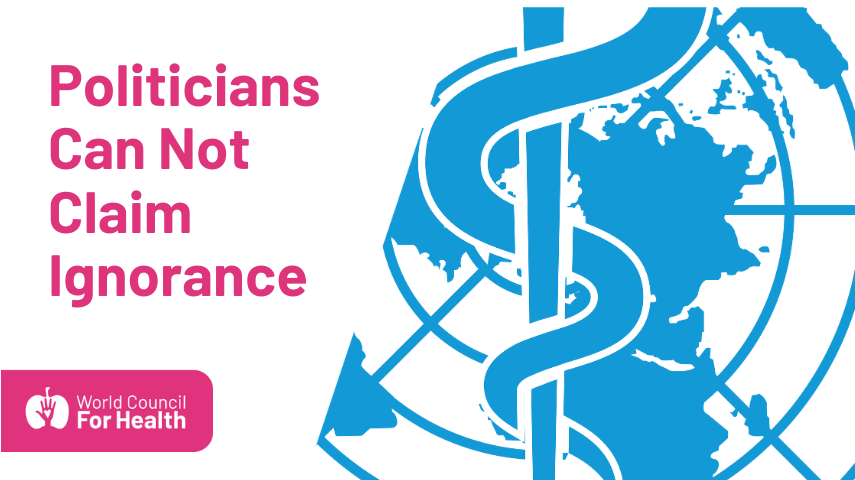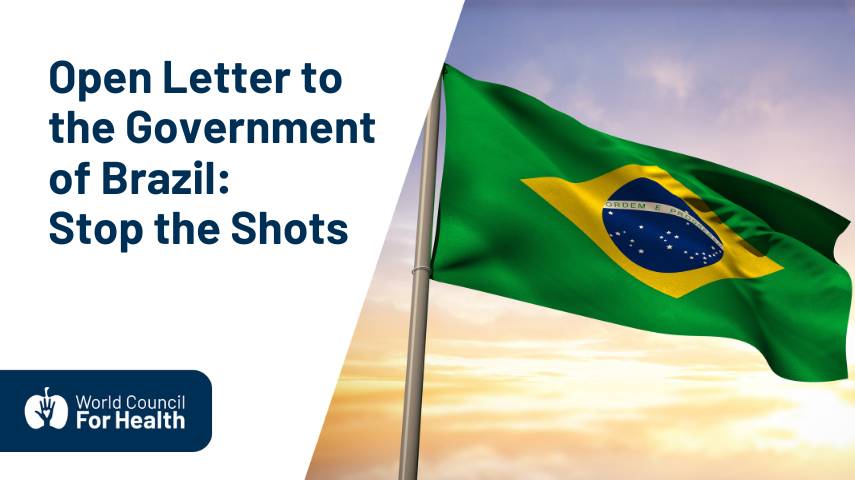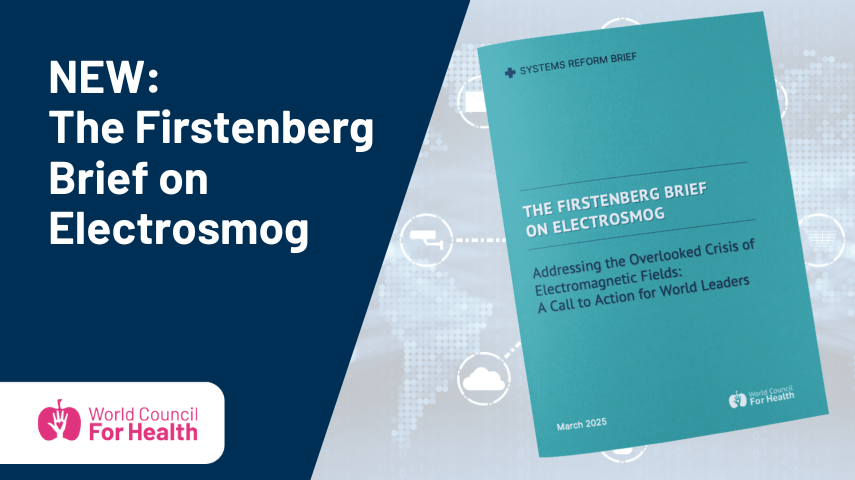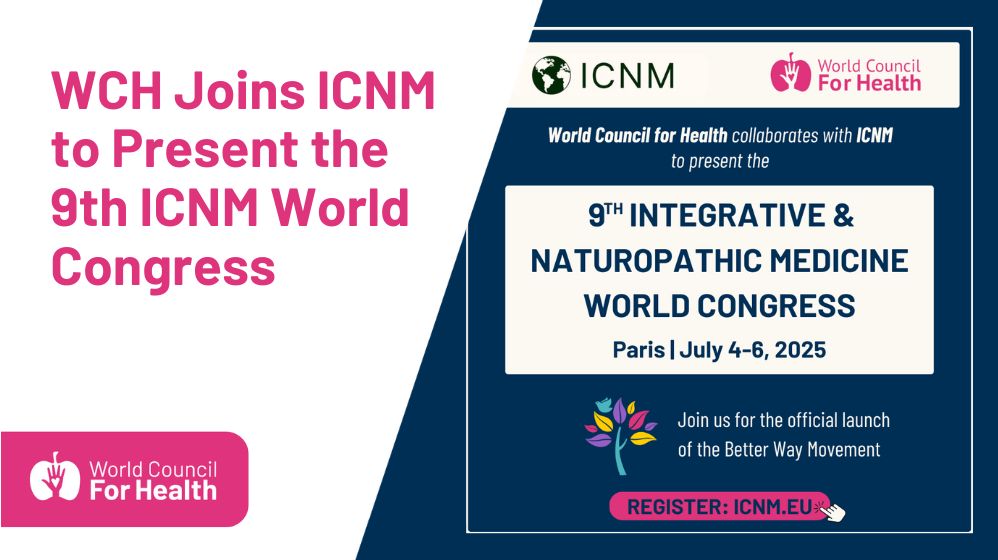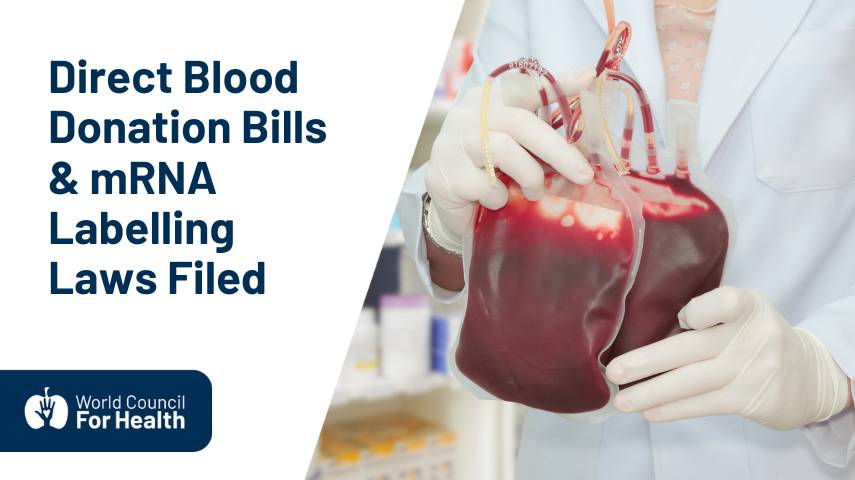As December 1st Deadline Looms, Politicians Can Still Choose To Serve
Politicians worldwide can no longer claim ignorance of the attempted power grab by the supranational entities vested in the World Health Organization (WHO) but it is not too late to choose to serve those whom they are privileged to represent.
On the matter of the WHO power grab, expert WCH Policy Briefs have been delivered to named politicians, translated into many languages, thousands of hours of discussions and expert interviews have been recorded, petitions have been signed and have qualified for debate, and millions of letters of concern and information have been shared with politicians by members of the public. However, to date most political representatives around the world have failed to take the matter of surrendering national sovereignty in emergencies to the WHO seriously.
The WHO is an unaccountable, unelected and conflicted supranational entity whose policies are disproportionately influenced by the dystopian World Economic Forum, the governments of the United States and the European Union, the Chinese Communist Party, the Bill and Melinda Gates Foundation and other powerful actors.
On May 27, 2022, the 75th World Health Assembly adopted amendments to the International Health Regulations (IHR). The deadline for rejecting or making reservations to these amendments is December 1, 2023. Two of the amendments, both to Article 59 of the IHR, are problematic as they shorten the time period within which future amendments can be rejected from 18 to 10 months and the period within which future amendments go into force from 24 to 12 months.
In effect, this reduces the time and opportunity for people and civil society around the world to respond, raise awareness and reject future changes to the IHR, especially those tabled for adoption in May 2024. This is worrisome because the proposed amendments that will be put to a vote in May 2024, if adopted, would provide unprecedented powers to the WHO posing serious questions with regards to national and individual sovereignty in times of actual or potential public health crises.
WHO conduct during the Covid-19 crisis has been less than effective
Over the past three years, citizens in every country have been subjected to exceptional curbs on freedom of movement, freedom of speech, freedom of commerce, freedom of information, bodily autonomy and self-determination by our governments via the leadership of the WHO under the pretext of their announcement of a Public Health Emergency of International Concern (PHEIC).
During this time the WHO was found to be ineffective in the performance of its basic tasks; it declared undue certainty on COVID origins; it misinformed the public of the infection fatality rate (IFR); it was incorrect about the efficacy of lockdowns and masks; to this day, it does not have a recommended early treatment protocol for COVID, and it has not opened an investigation into significant numbers of vaccine injuries and deaths recorded in both national and its own WHO vaccine injury systems.
In light of these substantial failures, any organisation should certainly be subject to a full and transparent review of its capabilities. Instead, however, the WHO is attempting to extend its powers, its structures and its financing to take even greater control over our freedoms and with even greater scope, under the vaguely defined One Health program. Under One Health, all plants, animals, people and the environment come into scope for WHO control.
Thus, under the amendments tabled for adoption at the next World Health Assembly in May 2024 the WHO would be able to:
1) Unilaterally declare a Public Health Emergency of International Concern (PHEIC), or even the POTENTIAL for one, in any domain of One Health
2) Claim sole leadership of the response to the PHEIC
3) Implement surveillance measures on people (Digital ID) and States
4) Mandate experimental treatments
5) Maintain sole determination over the conditions by which the PHEIC will terminate
The World Council for Health, on behalf of its international Country Health Councils and members of the public in all countries, is hereby reaching out to each and every political representative once more to alert you regarding the upcoming December 1, 2023 deadline to REJECT THE AMENDMENTS to Article 59 adopted in May 2022.
We request that you collaborate with other members of your parliament or Senate and deliver an urgent letter to your Head of State insisting that they reject the amendments to the International Health Regulations adopted in May 2022 as a matter of urgency, before the deadline of December 1, 2023.
We call on you to immediately and publicly reject the amendments to the IHR on behalf of the people whom you serve and, in doing so, reinforce the sovereignty and constitution of your great nation.
“Ask not what your country can do for you, but what you can do for your country.”
John F. Kennedy, 1961
Supporting Material
- The International Health Regulations (IHR):
https://iris.who.int/bitstream/handle/10665/246107/9789241580496-eng.pdf
- The version of the amendments to the IHR that were adopted on May 27, 2022:
https://apps.who.int/gb/ebwha/pdf_files/WHA75/A75_ACONF7Rev1-en.pdf
- Video recording of the amendments being adopted:
https://www.youtube.com/watch?v=M393lvg1650&t=466s
- The amended Articles to the IHR, as they will be if not rejected by December 1, 2023:
https://apps.who.int/gb/ebwha/pdf_files/WHA75/A75_R12-en.pdf
